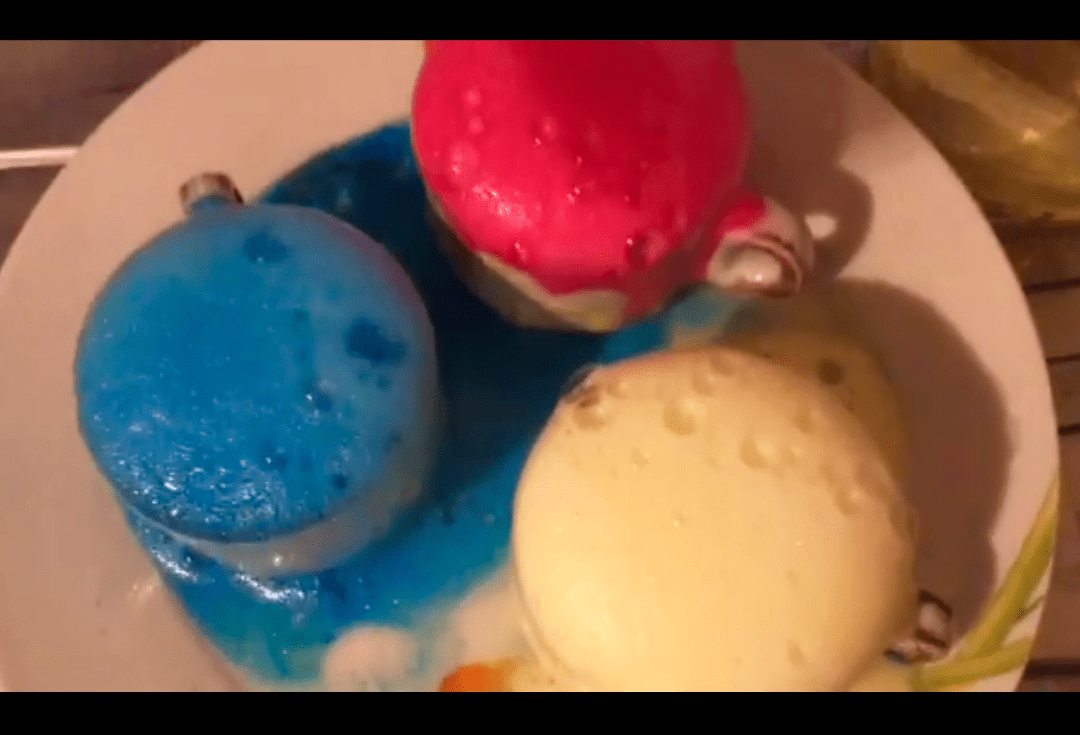Why is science important?
Because it answers all the questions that kids ask like ‘what are clouds?’ and ‘Why is the sky blue’ and ‘Why do bubbles pop?’
Because it explains how the world works. Why earthquakes happen. Why we have thunder and lightening. Why we sprinkle salt on icy paths. Why food goes bad.
Because science helps kids learn to predict, to problem solve, to research. To persevere and be patient. They learn that not everything works first time and that you learn from your mistakes.
Because they develop their own opinions rather than being contented accepting those of others.
Through science children learn to think about the outcome of their actions. The possible results. It motivates them to problem solve. To come up with new ideas and maybe new inventions when they grow up. It also gives them a head start in the future since creative thinkers are sought after in every field of work.
Do you like science? Are you interested in science? Do you enjoy helping your child find out the scientific answers behind his questions? Can you think of fun, practical ways to do this ? If your answer is ‘No’ then it’s probably because you had a bad experience in your early years. Perhaps you didn’t enjoy science at school?
Primary school teachers have a huge responsibility. It is SO important that they are not just confident in their scientific knowledge but that they are really interested in science. If children are taught by people who don’t have a passion for a subject then unfortunately it is very likely that this negativity will be passed on to their young pupils.
Research shows that children have formed either a positive or negative opinion about science by the time they are seven or eight. Once formed its very difficult to change that opinion.
This is so sad because all children are born as creative thinkers. As scientists! They are naturally inquisitive. They want find out about the world around them. Through their play children are discovering and problem solving every minute. For them science is exciting and fun!
So what can we, as parents do? Well, it’s unlikely you will be able to change your child’s teacher! It’s also unlikely that you will be aware of how they are influencing your child. But nurturing a child’s interest in science begins well before they go to school and once established should see them through any negativity.
After all science is just part of our every day life. Opportunities arise every time you make bread or dry the clothes or make ice cubes or boil an egg or put soap in the bath or wipe condensation off the windows.

Children are never too young to investigate. Watch them playing in water, in sand, with play dough, colour mixing, building towers with bricks. Without realising they are testing volume, density, diffusion, balance, temperature, weight and so much more. This is why hands-on play is so important.
With support and guidance and motivation a pre school child will enjoy trying to find out the answers to their own questions rather than relying and trusting the answers of others.
But what if you are not interested in science or unsure how to help. If you can’t think of open ended questions or activities which will stimulate their interest?
There are plenty of books and science kits and internet sites available but beware of those which require buying specialised equipment. There is no need! You probably already have everything you require in your cupboards! Also be wary of any which simply demonstrate how to carry out an investigation and provides the answer!
Children require programmes to make them think and question. The link below will take you to a site which does just this.



I like the way you think! Kids are never too young to learn to appreciate science; the earlier the better! Because you’re right, it helps them learn to ask questions, investigate, come up with their own answers, and think for themselves. Great idea for a blog!
LikeLike
Thanks Julie for your comment. It’s something I feel very strongly about. Science shouldn’t be just a subject on the school timetable. It is part of every minute of every day.
LikeLiked by 1 person
Exactly! Kids are naturally curious about the world around them, and “science” is just a way of explaining that. We could all use a little more curiosity!
LikeLike